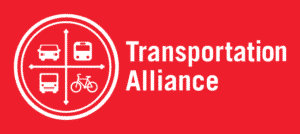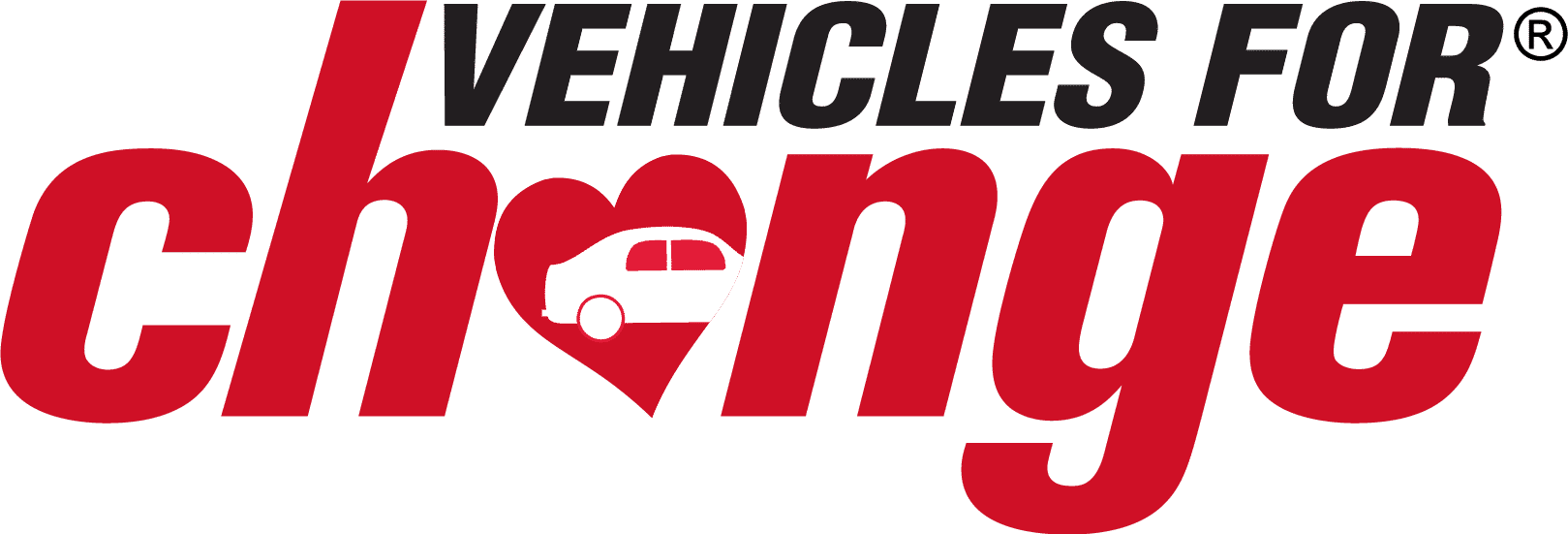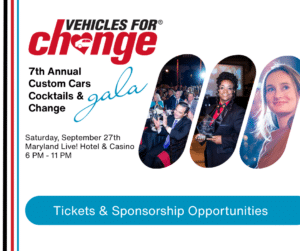How Localized Mass Transit Can Change Lives
July 14, 2021Vehicles for Change (VFC) has officially been awarding cars to working families for 22 years. With over 7,000 vehicles awarded, we’ve touched the lives of more than 24,000 families. VFC recipients report increasing their wages, getting that next great job, moving into better neighborhoods, and finding more time to make precious memories with their families. A car can change someone’s life, but that’s just one person, one family. While VFC works to get everyone deserving of a car on the road, we need to implement innovative programs to impact the thousands of families in our region locked in poverty due to the lack of transportation.
At VFC’s Transportation Symposium this past June, I had the opportunity to connect with experts in the field of equitable transportation and explore programs that are connecting people to their workplaces without leaving them to navigate more time-consuming modes of transportation. These programs include First Step Staffing’s vanpool program with Enterprise Rent-A-Car, the subsidized ride-share programs of Washington D.C. and Pinellas County, Florida, and the Commute Trip Reduction requirements of Washington State.
First Step Staffing’s and Enterprise Rent-A-Car

Subsidized Ride-Share Programs

Washington State’s Commute Trip Reduction
In Washington State, employers with 100 or more full-time team members are required to develop and manage their own worker transportation programs. Companies in Washington have a great deal of flexibility in developing these programs. Some choose to offer cash incentives to employees who are not driving to work, some add fees to their parking lots, and some offer mortgage assistance to people who move closer to work. But, most companies in Washington State choose the same option, vanpools like those implemented by First Step Staffing. To incentivize employers to implement these programs, Washington State issues each company a tax credit. What’s more, these tax credits are surprisingly affordable. Ensuring accessible transportation to the 550,000 workers using these services only costs the state $3 million a year. The benefit to employers and employees cannot be understated; the economic stability this program provides is incentive enough to implement similar requirements in any state.
Conclusion
Have you noticed what each of these programs have in common? They’re local, and they focus on getting as many people to work as possible without forcing everyone without a car to use public transportation. These programs address workers’ individual and immediate needs in their community or company, allowing greater freedom to commuters. While I know that awarding a subsidized car to a family is a one-way ticket out of generational poverty, I also know that getting those families behind the wheel will take time. As we work towards a future in which transportation is now longer a barrier to employment and a better life for all families either through greater public transportation options and walkable cities we must find a more reasonable solution. I believe that means developing a comprehensive plan that will include a portion of each of the best practices, van pool, ride share, bike ownership and paths, better public transportation and car ownership. VFC will continue to advocate and build toward this solution.










